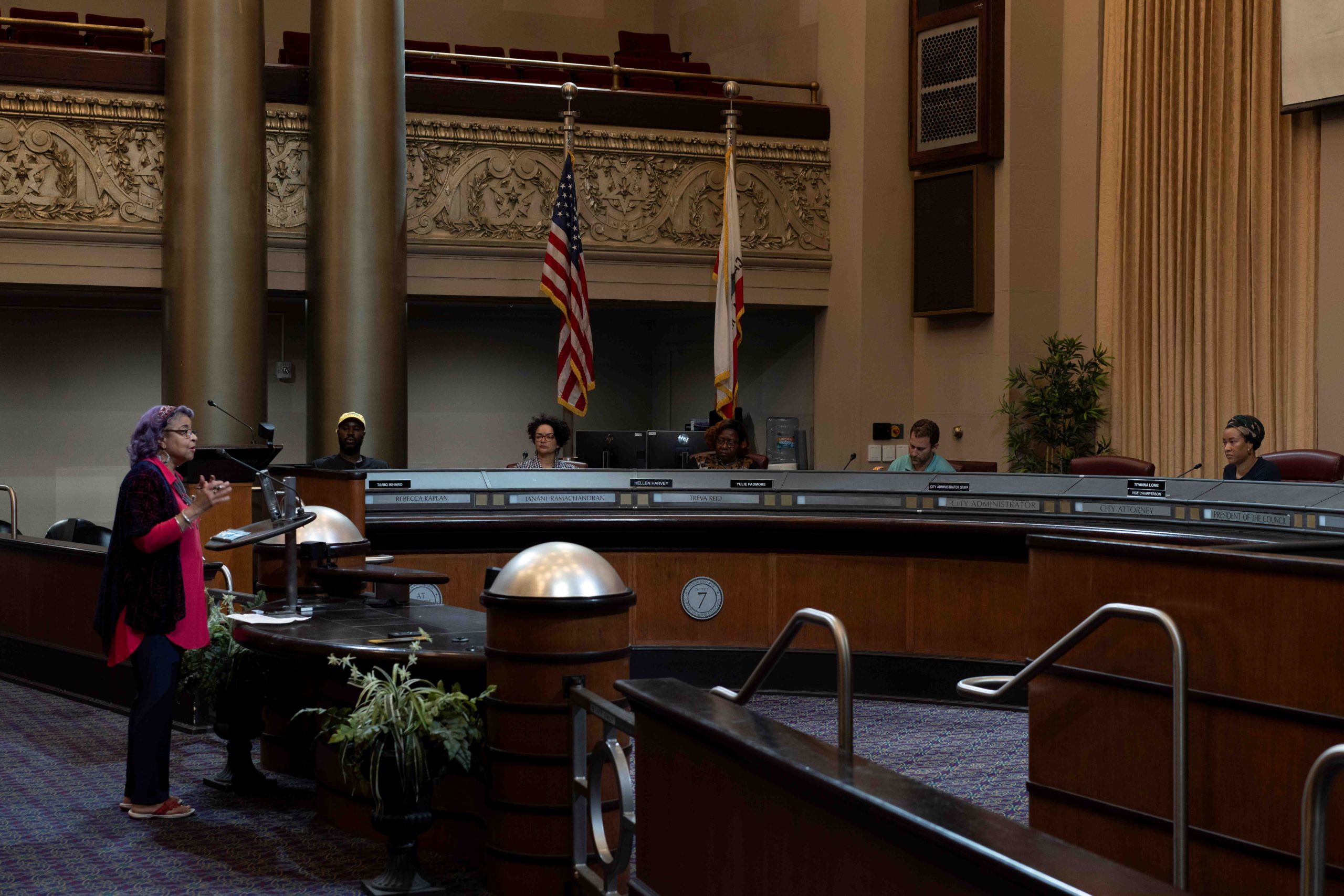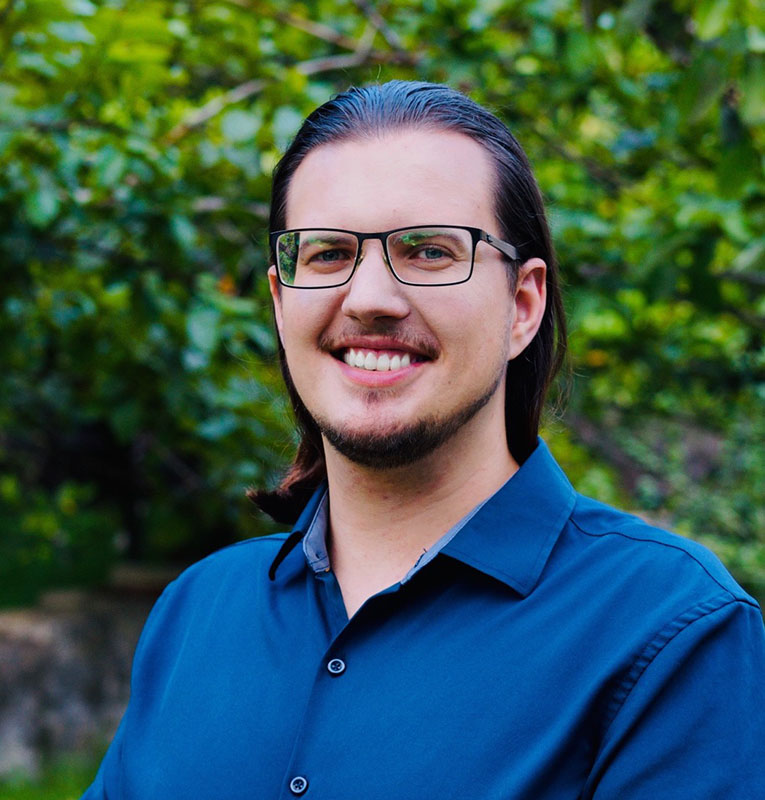
In 2017, Oakland launched a program to help victims of the War on Drugs start their own cannabis businesses, but many participating businesses are struggling to stay afloat six years later.
The Cannabis Equity Program, which was the first of its kind in the U.S., has distributed at least $6.4 million in no-interest loans and grants to qualified applicants to start businesses in the cannabis industry, such as dispensaries, delivery services and cultivation operations. To qualify for the Equity Program, applicants are required to be Oakland residents, have an income at or below 80 percent of Oakland’s Average Medium Income (AMI), and either have been convicted of a cannabis-related crime or have lived for at least ten years in areas of the city that have historically had high rates of cannabis-related arrests.
The loan and grant funds were meant to provide an opportunity for new entrepreneurs to launch businesses in an industry that is isolated from traditional loan and investment options due to the federal classification of cannabis as a Schedule I controlled substance, but underlying problems in the Equity Program and throughout the cannabis industry have made many new businesses unsustainable.
Of 901 applicants in the Equity Program who applied with the state for cannabis permits in 2023, only 39 percent received licenses, compared to 90 percent of general applicants. General applicants are often better funded and more familiar with the permitting process than equity businesses, but this is the kind of disparity the Cannabis Equity Program was meant to overcome.
Javier Armas, a member of the Oakland Cannabis Regulatory Commission and owner of an equity business, pointed to the lack of technical support provided to equity businesses as a major issue he hopes the commission will be able to address.
“It’s the most difficult process I’ve ever experienced in my life,” he said about his experience as an applicant. He said he was unsatisfied with the quality of technical support he received from the program, and pointed out that most equity businesses don’t have high level lawyers to prepare their paperwork for them.
Even those Equity Program applicants who do complete the licensing process and start operating their businesses face significant challenges in the California cannabis market.
Cynthia Carey-Grant, who was the owner of the equity business Rose Mary Jane before it closed in August, said it is almost impossible for businesses like hers to succeed in the current environment.
With taxes levied on cannabis by both the State and the City of Oakland, Carey-Grant said some owners of licensed businesses might find that it is easier to sell in the underground economy, which is the biggest competition for legal businesses.
Armas said that even finding a location to operate is a challenge, since applicants have to find properties that meet Oakland’s zoning requirements before they can even begin running their businesses and paying back their loans.
The difficulty of finding suitable locations has left 48 percent of all Equity Program applicants without a property to operate from.
Burglaries are another major difficulty facing equity businesses. According to a survey conducted in February by the City of Oakland, 65 percent of operating equity businesses reported having experienced a burglary or robbery.
Equity businesses are able to apply for emergency assistance grants of up to $15,000 to compensate for burglaries and robberies, but of 14 businesses surveyed that said they filed an insurance claim after a burglary, 10 said they received no payout and the other four only received partial compensation.
Both Armas and Carey-Grant emphasized that loans and grants are not enough to solve the underlying problems faced by equity businesses.
Armas said he hopes the Cannabis Regulatory Commission will improve the transparency and accessibility of the program while taking a more targeted approach to supporting equity businesses.
“There are so many case studies you could look at,” he said. “You can’t just give money away to solve the problem.”

